The Cleanest Countries in the World: 2024’s Environmental Pioneers
As global temperatures rise and biodiversity declines, a handful of nations are setting unprecedented standards for environmental stewardship. Leveraging the 2024 Environmental Performance Index (EPI), climate reports, and policy analyses, this article provides an exhaustive breakdown of the top 20 cleanest countries, their groundbreaking initiatives, and the lessons they offer for a sustainable future.
Methodology: How Cleanliness is Measured
The Environmental Performance Index (EPI), developed by Yale University and Columbia University, ranks 180 countries using 40+ performance indicators across 11 categories:
- Air Quality (PM2.5, ozone levels, NO₂ emissions).
- Water Resources (access to sanitation, wastewater treatment).
- Waste Management (recycling rates, plastic reduction policies).
- Biodiversity (protected marine/land areas, species habitat index).
- Climate Policy (renewable energy adoption, carbon neutrality targets).
- Ecosystem Vitality (forest cover growth, soil health).
The Top 20 Cleanest Countries in 2024: Detailed Breakdown
1. Denmark
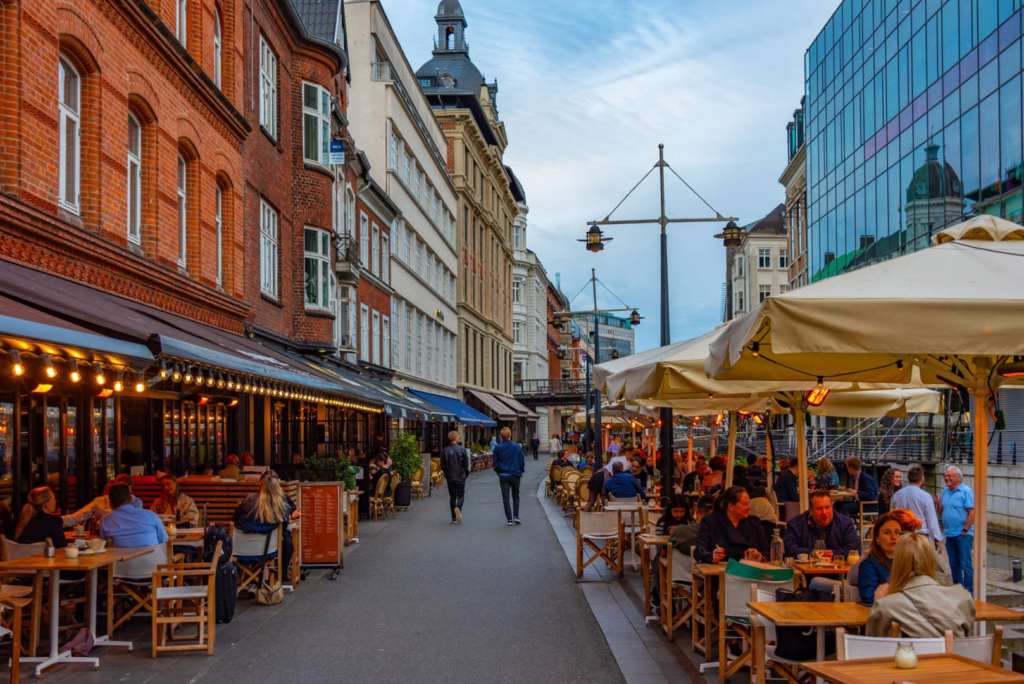
EPI Score: 82.5 | Global Rank: 1st
- Renewable Energy:
- 50% of electricity comes from wind power, with the world’s largest offshore wind farm (Hornsea 3).
- Copenhagen aims to be the first carbon-neutral capital by 2025.
- Waste Management:
- 70% of municipal waste recycled; remaining waste converted to energy.
- “Pay-as-you-throw” system charges households based on waste volume.
- Urban Innovation:
- 454 km of “Cycle Super Highways” connect suburbs to cities, reducing car dependency.
- Challenges:
- High cost of green transitions (e.g., retrofitting buildings for energy efficiency).
2. Switzerland

EPI Score: 81.3 | Global Rank: 2nd
- Waste Reduction:
- 60% recycling rate; strict “polluter pays” laws for littering (fines up to CHF 300).
- Green Class Landfills: Advanced liners and gas capture systems prevent soil contamination.
- Biodiversity:
- 30% of land designated as protected areas, including the Swiss National Park.
- Energy Transition:
- 75% electricity from hydropower; 2050 net-zero target.
- Challenges:
- Melting glaciers due to rising Alpine temperatures threaten water supplies.
3. Sweden
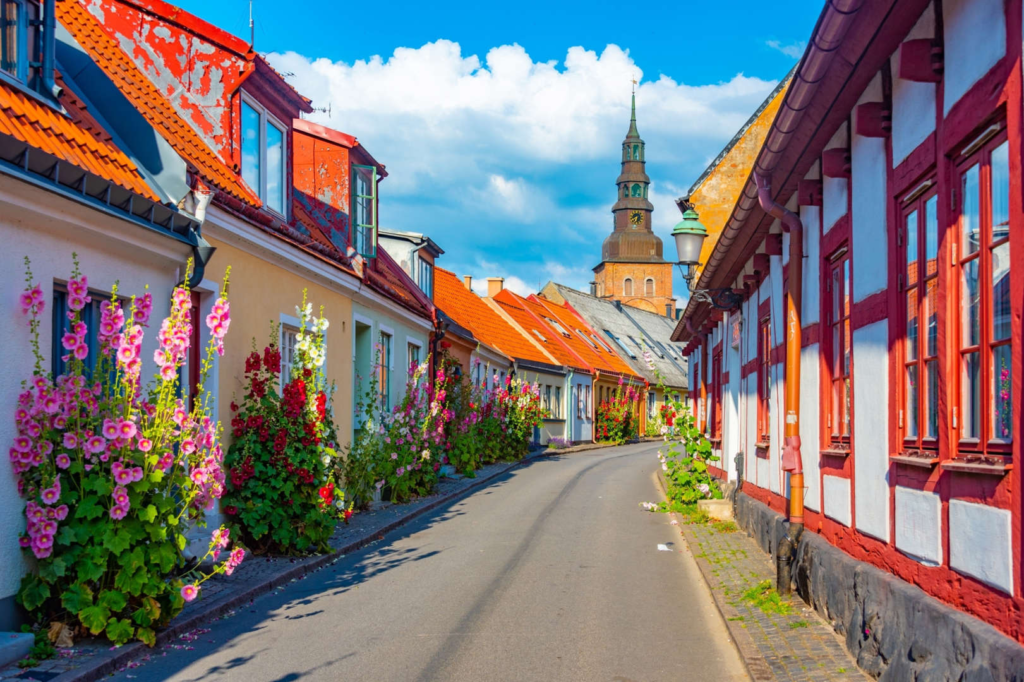
EPI Score: 80.8 | Global Rank: 3rd
- Waste-to-Energy Revolution:
- 99% of household waste recycled or incinerated for energy (powers 250,000 homes annually).
- Symbiosis City Project: Industrial waste (e.g., excess heat from steel plants) heats residential areas.
- Circular Economy:
- Tax breaks for companies using recycled materials.
- Climate Goals:
- Fossil fuel-free by 2045; 100% renewable energy in public transport by 2030.
- Challenges:
- Reliance on waste incineration raises concerns about air pollution.
4. Finland
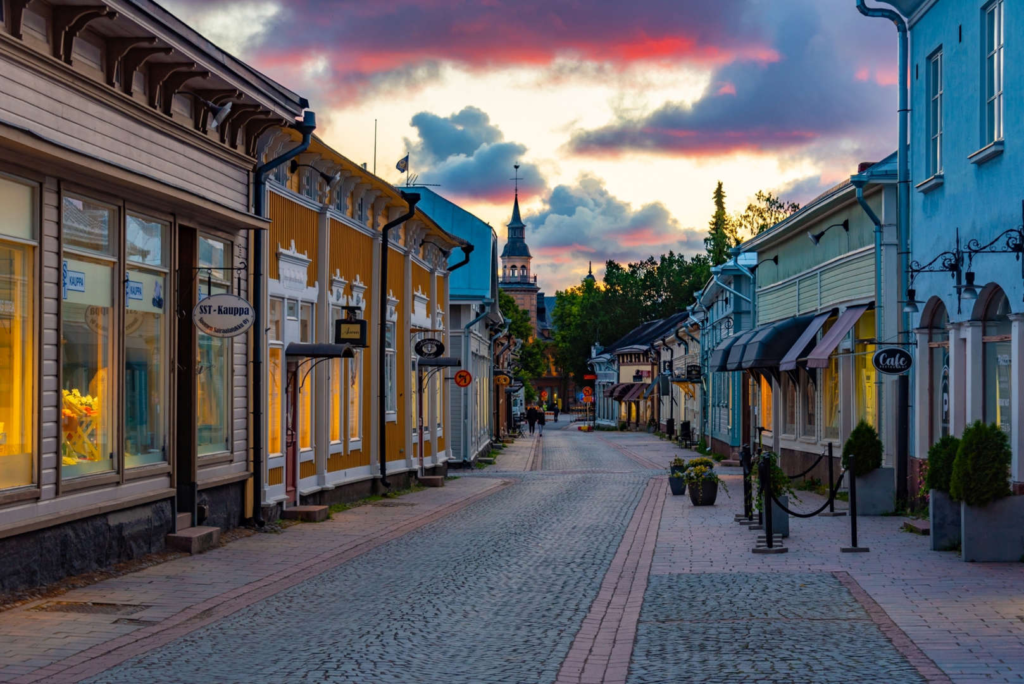
EPI Score: 79.6 | Global Rank: 4th
- Nature-Centric Policies:
- 75% forest cover; logging restricted to 4% of forests annually.
- “Everyman’s Right” law allows public access to forests for recreation.
- Carbon Neutrality:
- Phasing out coal by 2029; 50% renewables by 2030.
- Air Quality:
- PM2.5 levels at 5 µg/m³ (WHO guideline: 10 µg/m³).
- Challenges:
- Balancing forestry exports (€20B industry) with conservation.
5. Norway
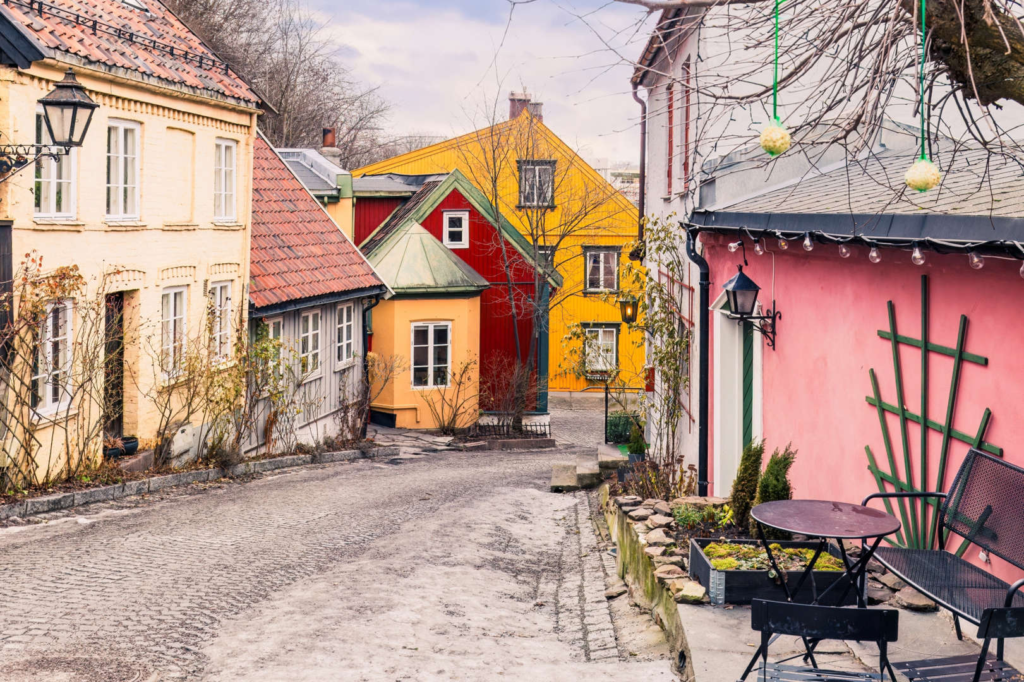
EPI Score: 78.9 | Global Rank: 5th
- Electric Vehicle (EV) Leadership:
- 80% of new cars sold are EVs (supported by tax exemptions, free tolls, and charging stations).
- Oslo’s Green Shift: All public transport runs on renewables.
- Hydropower Dominance:
- 98% of electricity from hydropower; exports surplus energy to the EU.
- Paradox:
- Despite domestic green policies, Norway remains Europe’s largest oil exporter.
6. Germany

EPI Score: 78.2 | Global Rank: 6th
- Energiewende (“Energy Transition”):
- 45% renewable energy mix (wind, solar, biomass); phase-out of nuclear and coal plants by 2038.
- Carbon Contracts for Difference (CCfD): Subsidies for industries adopting green tech.
- Recycling Culture:
- 68% of municipal waste recycled; €0.25 deposit on plastic bottles.
- Challenges:
- High energy costs for households due to renewable subsidies.
7. Luxembourg

EPI Score: 77.8 | Global Rank: 7th
- Green Mobility:
- Free public transport since 2020; 600 km of bike lanes added since 2018.
- Carbon Pricing:
- €20/ton CO2 tax on industries; €5,000 grants for solar panel installations.
- Biodiversity:
- 50% increase in protected wetlands since 2020.
- Challenges:
- High per-capita emissions due to cross-border commuters (200,000 daily).
8. Austria

EPI Score: 77.4 | Global Rank: 8th
- Renewable Energy:
- 60% of electricity from hydropower; 100% renewable goal by 2030.
- Plastic Ban:
- Single-use plastics banned since 2021; 80% reduction in plastic waste.
- Eco-Farming:
- 25% of agricultural land is organic; subsidies for pesticide-free practices.
- Challenges:
- Flood risks in Alpine regions due to glacial melt.
9. France
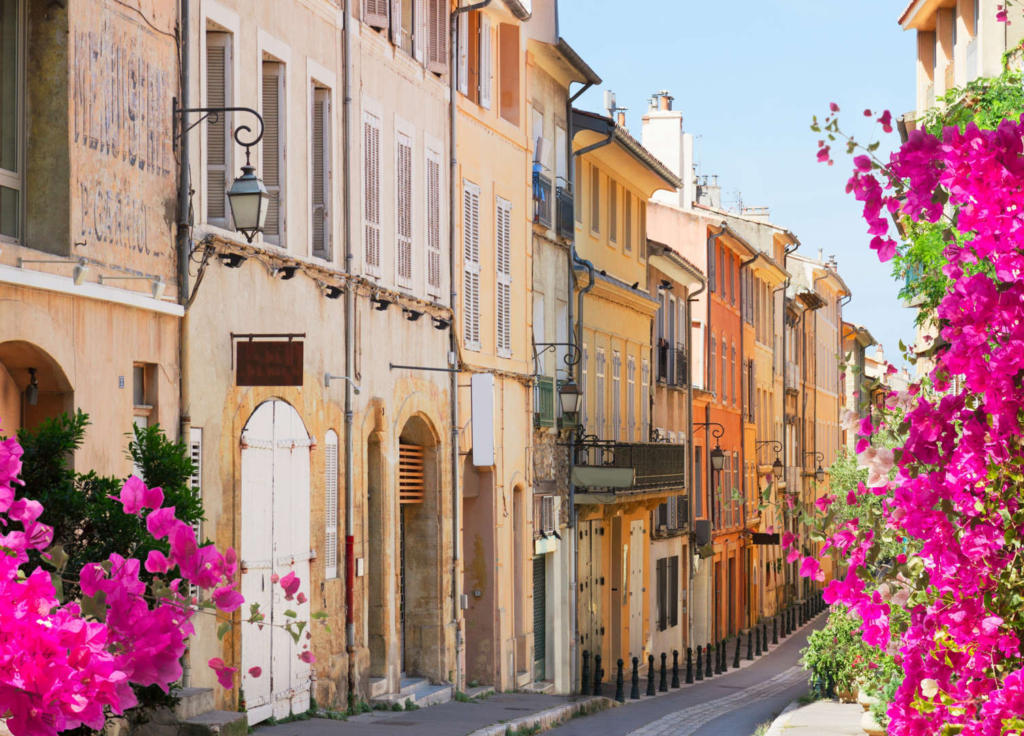
EPI Score: 76.9 | Global Rank: 9th
- Nuclear Power:
- 70% of electricity from nuclear energy; plans to build 14 new reactors by 2035.
- Plastic Reduction:
- Ban on plastic packaging for 30+ fruits/vegetables; €1.5B fund for circular economy startups.
- Urban Green Spaces:
- “15-Minute City” model in Paris reduces car use by ensuring amenities are walkable.
- Challenges:
- Public resistance to nuclear waste storage sites.
10. Netherlands

EPI Score: 76.5 | Global Rank: 10th
- Cycling Infrastructure:
- 35,000 km of bike lanes; 27% of all trips made by bicycle.
- Circular Economy:
- 50% reduction in raw material use by 2030; tax incentives for repair shops.
- Water Management:
- “Room for the River” program prevents flooding by widening rivers.
- Challenges:
- Nitrogen pollution from agriculture threatens biodiversity.
11. Iceland

EPI Score: 75.8 | Global Rank: 11th
- Geothermal Leadership:
- 90% of homes heated by geothermal energy; 100% renewable electricity.
- Green Tourism:
- Carbon tax on flights; 40% of land protected as parks.
- Challenges:
- Over-tourism (2M visitors annually) strains fragile ecosystems.
12. Japan

EPI Score: 75.3 | Global Rank: 12th
- Waste Innovations:
- Kamikatsu recycles 80% of waste; 2024 rollout of plastic-to-fuel plants nationwide.
- Eco-Education:
- Mandatory environmental curriculum in schools; “Cool Biz” campaign reduces AC use.
- Challenges:
- Reliance on incineration (70% of waste) contributes to CO2 emissions.
13. New Zealand

EPI Score: 74.7 | Global Rank: 13th
- Zero Carbon Act:
- Legally binding 2050 net-zero target; 100% renewable electricity by 2035.
- Marine Conservation:
- 30% of oceans protected; ban on new offshore oil permits.
- Challenges:
- Methane emissions from livestock (48% of total emissions).
14. Australia

EPI Score: 73.9 | Global Rank: 14th
- Solar Power:
- 30% of homes have rooftop solar; world’s largest solar farm (10GW Sun Cable) underway.
- Great Barrier Reef:
- $1B invested in coral restoration and water quality improvements.
- Challenges:
- Political divide over coal exports (world’s 2nd-largest exporter).
15. Canada

EPI Score: 73.5 | Global Rank: 15th
- Carbon Pricing:
- $50/ton carbon tax; 90% of electricity from renewables (mostly hydro).
- Boreal Forests:
- Protects 25% of global wetlands; 2030 goal to plant 2B trees.
- Challenges:
- Oil sands in Alberta contribute to high per-capita emissions.
16. United Kingdom

EPI Score: 72.8 | Global Rank: 16th
- Offshore Wind:
- 40% of electricity from wind; world’s largest offshore wind farm (Dogger Bank).
- Plastic Tax:
- £200/ton levy on plastic packaging with <30% recycled content.
- Challenges:
- Delays in phasing out gas boilers for home heating.
17. Singapore

EPI Score: 72.1 | Global Rank: 17th
- Urban Greening:
- 50% green cover by 2030; solar-powered “Supertree Grove” generates energy.
- Water Innovation:
- NEWater recycles 40% of wastewater; 2060 goal for water self-sufficiency.
- Challenges:
- Limited land for renewable energy infrastructure.
18. Slovenia

EPI Score: 71.6 | Global Rank: 18th
- Zero-Waste Capital:
- Ljubljana recycles 68% of waste; 2025 target for 75% recycling.
- Sustainable Tourism:
- 100% of hotels eco-certified by 2025; 60% forest cover.
- Challenges:
- Air pollution in valleys due to wood heating.
19. Malta

EPI Score: 70.9 | Global Rank: 19th
- Solar Energy:
- Free solar panel installations for households; 10% of energy from solar.
- Marine Cleanups:
- Removed 3,000 tons of plastic from the Mediterranean in 2023.
- Challenges:
- Water scarcity due to arid climate.
20. Spain

EPI Score: 70.3 | Global Rank: 20th
- Renewables Surge:
- 50% of electricity from wind/solar; coal mines closed by 2025.
- Water Conservation:
- AI-driven irrigation saves 20% of agricultural water; desalination plants in drought regions.
- Challenges:
- Desertification threatens 20% of land.
Key Drivers of Environmental Success
- Policy Innovation:
- Denmark’s carbon tax ($120/ton) funds green projects.
- France’s ban on plastic packaging forces industries to adopt alternatives.
- Technological Leadership:
- Switzerland’s “Green Class” landfills.
- Singapore’s NEWater purification system.
- Cultural Shifts:
- Japan’s “mottainai” (zero-waste) philosophy.
- Netherlands’ cycling culture reduces urban emissions by 1.5M tons/year.
Ongoing Challenges
- Economic Trade-offs: Norway’s oil exports vs. climate goals.
- Tourism Pressures: Iceland’s delicate ecosystems strained by visitors.
- Political Resistance: Australia’s coal lobby slows renewable transitions.
Global Takeaways
- Legislate Boldly: Implement carbon taxes and single-use plastic bans.
- Invest in Communities: Sweden’s waste-to-energy plants are locally managed.
- Think Long-Term: New Zealand’s 2050 net-zero law ensures accountability.
FAQs
Q: Which country has the cleanest tap water?
A: Switzerland (99.96% purity due to natural alpine filtration).
Q: Why is the U.S. not in the top 20?
A: Ranks 24th—high fossil fuel reliance (80% of energy) and low recycling rates (32%).
Q: How do small countries like Malta achieve high rankings?
A: Aggressive solar policies, strict waste laws, and community-driven conservation.
Conclusion
The cleanest countries in 2024 demonstrate that sustainability is achievable through bold policies, cutting-edge tech, and societal commitment. While challenges remain, their blueprints offer hope—and actionable strategies—for a greener planet.

